The Untold Secrets Behind Recycling Plastic Bottles for a Sustainable Future
In recent years, the growing concern for environmental sustainability has brought to light the untold secrets behind recycling plastic bottles. With millions of plastic bottles discarded every day, understanding the intricacies of their recycling process is crucial for fostering a sustainable future. This examination not only highlights the importance of responsible waste management but also reveals innovative practices and technologies that can transform discarded plastic into valuable resources.
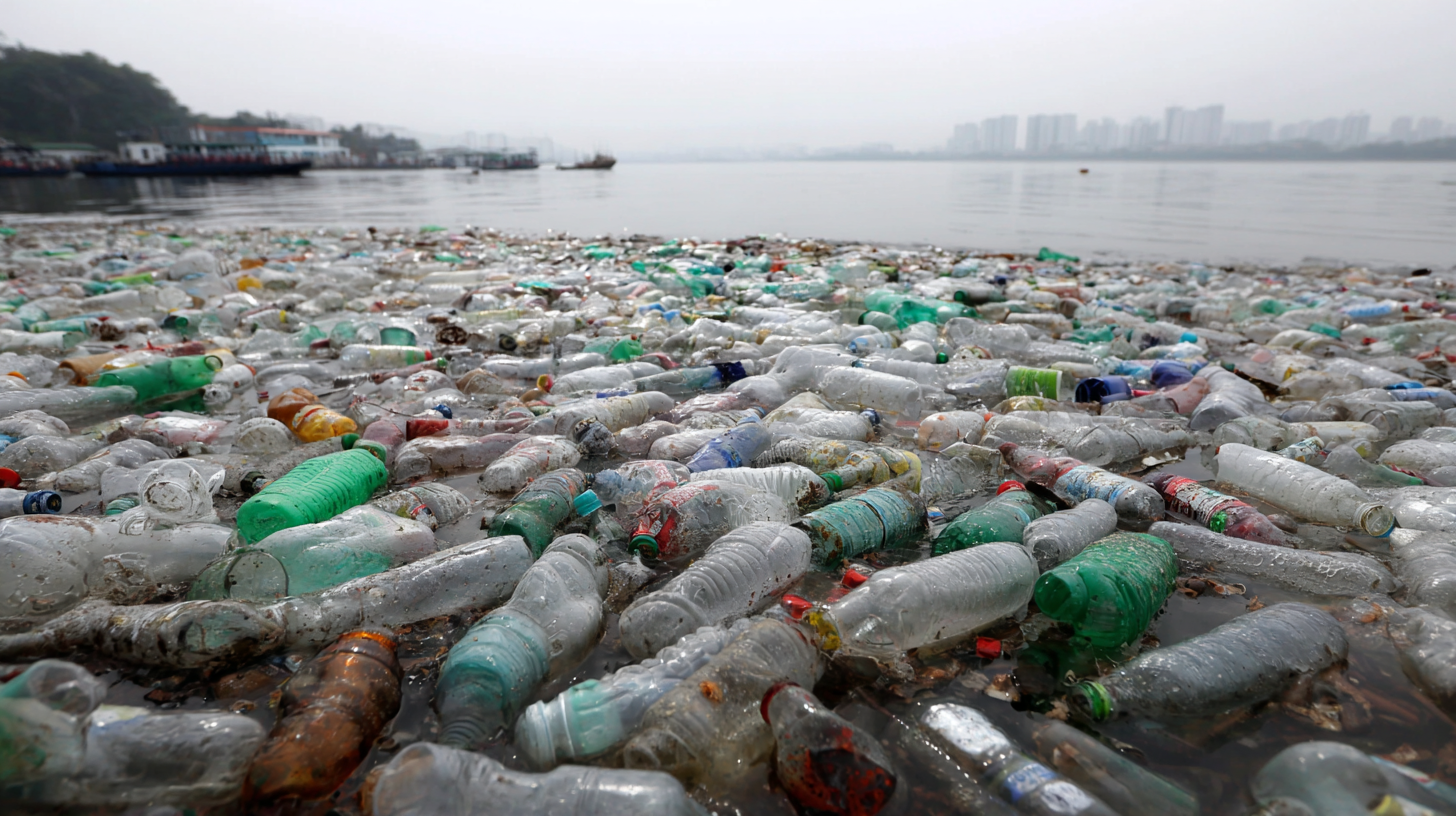
By exploring the "why" behind recycling plastic bottles, we can uncover the hidden benefits that extend beyond mere environmental preservation, including economic advantages and the potential for community engagement. Through awareness and action, we can empower individuals and industries alike to participate in a more sustainable approach, emphasizing the significant role that recycling plastic bottles plays in shaping a greener planet for generations to come.
Understanding the Lifecycle of Plastic Bottles: From Use to Recycle
Plastic bottles are a ubiquitous part of modern life, but their journey doesn't end after they've served their purpose. Understanding the lifecycle of plastic bottles is crucial for promoting sustainability. After a bottle is emptied, it typically enters the waste stream, where awareness of recycling practices can significantly impact its fate. Ideally, these bottles should be segregated and sent to recycling centers, where they can be processed into new products, reducing the need for virgin plastics.
**Tips for Recycling Plastic Bottles:**
1. Rinse your bottles before recycling to ensure contaminants don't compromise the recycling process.
2. Check local recycling guidelines to confirm which materials are accepted, as regulations can vary by region.
3. Consider repurposing bottles at home before disposing of them, such as using them for storage or DIY projects.
By following these simple steps, you can help extend the lifecycle of plastic bottles and contribute to a more sustainable environment. Each bottle recycled has the potential to be transformed into new items, thereby reducing plastic waste and conserving resources.
The Untold Secrets Behind Recycling Plastic Bottles for a Sustainable Future - Understanding the Lifecycle of Plastic Bottles: From Use to Recycle
| Lifecycle Stage | Description | Environmental Impact | Percentage of Bottles Recycled |
|---|---|---|---|
| Production | Creation of plastic bottles from petroleum-derived materials. | Contributes to fossil fuel depletion and greenhouse gas emissions. | 75% |
| Usage | Consumers use plastic bottles for beverages and other products. | Water pollution and impacts on wildlife if not disposed of properly. | N/A |
| Disposal | Bottles are disposed of in landfills or recycling bins. | Landfills lead to long-term pollution; recycling reduces waste. | 30% |
| Recycling Process | Bottles are cleaned, sorted, and processed into new materials. | Conserves resources and reduces environmental footprint. | 50% |
| Re-manufacturing | Recycled materials are used to produce new products. | Supports a circular economy and minimizes new plastic production. | 25% |
Innovative Techniques in Plastic Bottle Recycling: What You Need to Know
The innovative techniques in plastic bottle recycling are crucial for creating a more sustainable future, especially considering that approximately 300 million tons of plastic is produced each year, with a significant portion coming from single-use bottles. According to a report by the World Economic Forum, only about 9% of all plastic waste ever produced has been recycled. This highlights the need for improved recycling methods that not only increase recovery rates but also facilitate the recycling of a broader range of plastics.
Modern approaches to recycling focus on advanced technologies such as chemical recycling, which breaks down plastics into their original monomers, allowing for the creation of new virgin-like plastic from recycled materials. This technology is particularly promising, as it can handle contaminated plastics that traditional mechanical recycling cannot process effectively. Moreover, innovations in sorting technologies, like AI-powered image recognition, are streamlining the sorting process, enhancing the efficiency of recycling facilities. With these advancements, the recycling of plastic bottles could potentially increase global recycling rates, significantly mitigating the environmental impact of plastic waste.
Transforming Waste into Resources: The Benefits of Plastic Bottle Recycling
Recycling plastic bottles plays a crucial role in transforming waste into valuable resources, significantly benefiting both the environment and the economy. The process begins with the collection of discarded plastic bottles, which are often perceived as mere trash. However, when recycled properly, these bottles can be converted into numerous products, such as textiles, packaging materials, and even new bottles. This not only reduces the volume of waste sent to landfills but also conserves natural resources by minimizing the need for virgin materials.
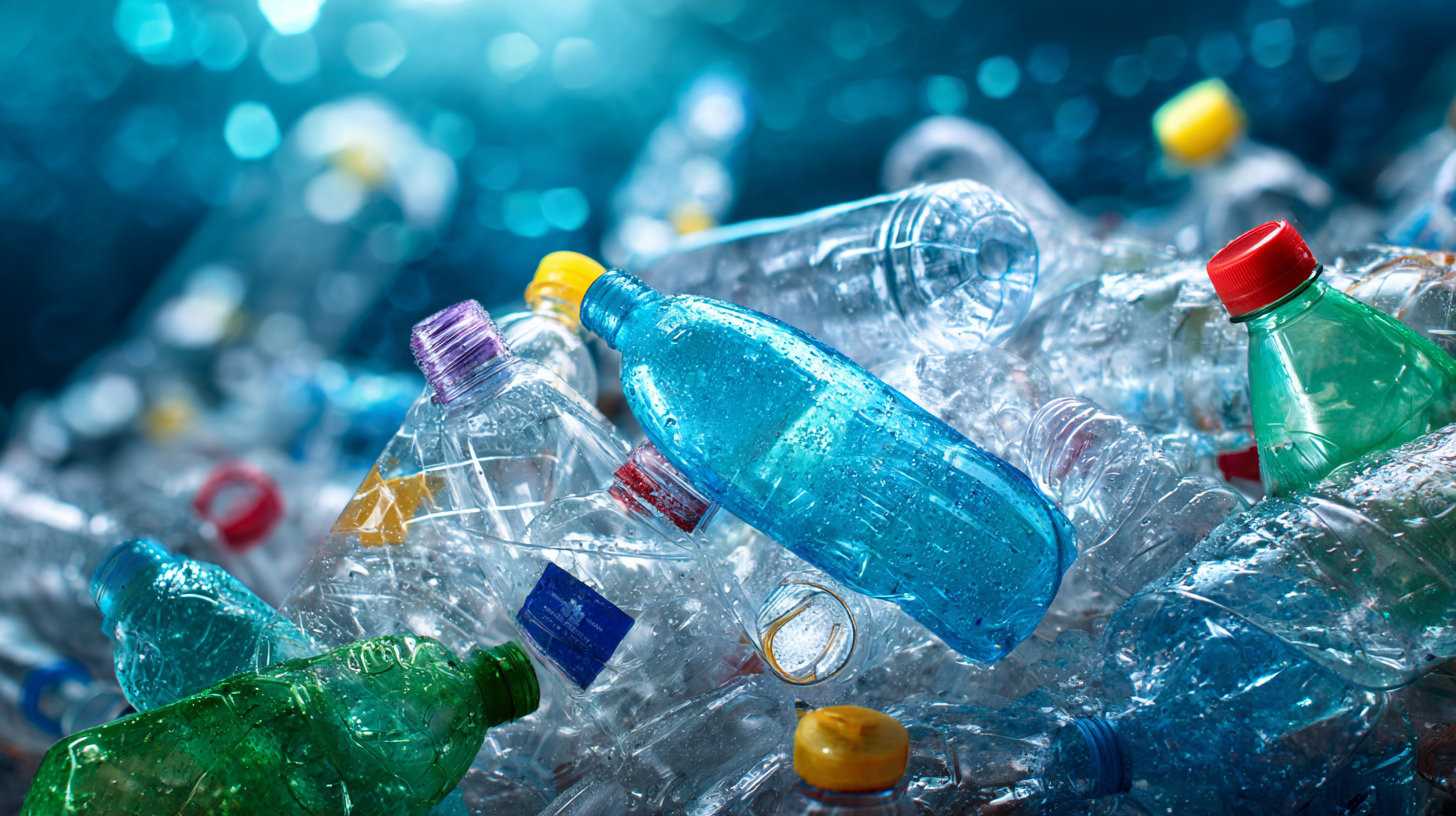
Moreover, the recycling of plastic bottles contributes to a more sustainable future by reducing carbon emissions associated with the production of new plastics. Each bottle recycled saves energy and decreases greenhouse gas emissions, thus playing a part in the global effort to combat climate change. Additionally, the recycling industry creates jobs and stimulates economic growth, as facilities require workers for collection, processing, and distribution. By embracing plastic bottle recycling, communities can foster a circular economy where waste is seen as a resource rather than a burden, paving the way for a healthier planet and a more sustainable lifestyle for future generations.
Community Initiatives: How Local Efforts Can Enhance Plastic Recycling
Community initiatives play a pivotal role in enhancing plastic recycling efforts, driving sustainable practices at the local level. According to the Environmental Protection Agency (EPA), the recycling rate for plastic bottles is only around 29.1%, highlighting a significant gap in recycling efficiency. Community-driven programs can help bridge this gap by developing accessible collection points and conducting awareness campaigns that educate residents about the importance of recycling. For instance, local recycling drives organized by neighborhoods can significantly increase participation, leading to higher recovery rates for plastic waste.
Additionally, partnerships between local governments and non-profit organizations have proven effective in implementing innovative recycling solutions. A study from the National Recycling Coalition shows that communities with supportive initiatives see a recycling rate increase of up to 15% compared to those without such programs. By creating incentives for residents to participate in recycling, such as deposit return schemes or community rewards, localities can foster a culture of sustainability.
Engaging residents in these efforts not only enhances recycling participation but also cultivates a community ethos centered around environmental stewardship.
Future Technologies: Revolutionizing Plastic Bottle Recycling for Sustainability
Future technologies are poised to revolutionize the process of recycling plastic bottles, presenting innovative solutions that enhance sustainability. One promising advancement lies in the development of advanced sorting technologies using artificial intelligence (AI) and machine learning. These systems can identify and separate different types of plastics with exceptional accuracy, reducing contamination rates and increasing the efficiency of recycling operations. As a result, more materials can be effectively recovered and repurposed, driving the circular economy forward.
Another groundbreaking approach involves the use of enzymatic recycling processes. Scientists have discovered enzymes that can break down commonly used plastics into their original monomers, allowing them to be reassembled into new, high-quality plastic products. Unlike traditional recycling methods, which often degrade the material quality, enzymatic techniques promise to reclaim the full value of plastic waste. This innovation not only enhances recycling rates but also minimizes the reliance on virgin materials, thereby mitigating the environmental impact of plastic production and waste. With these advanced technologies, the future of plastic bottle recycling looks brighter, paving the way for a truly sustainable approach to one of the world's most pressing environmental challenges.
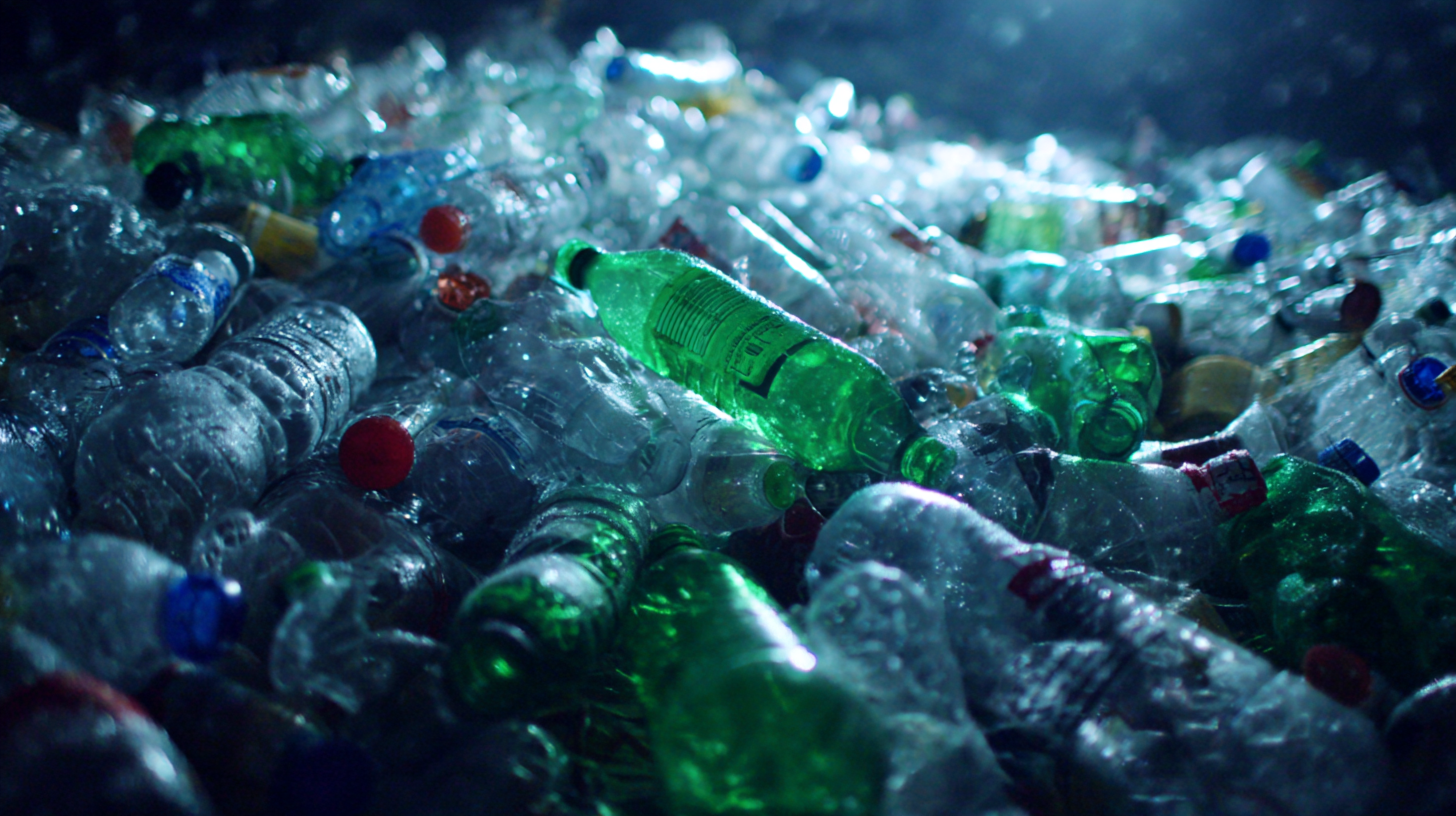
Related Posts
-
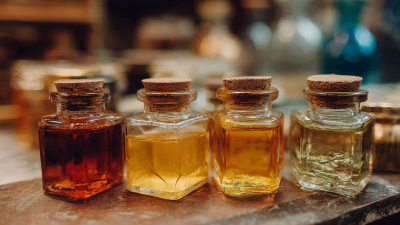
The Amazing Health Benefits of Honey Bottles You Never Knew About
-
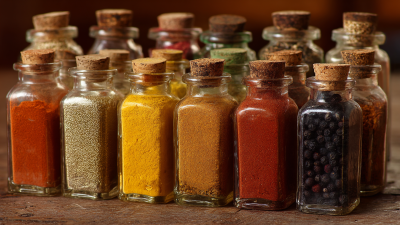
Ultimate Guide to Organizing Your Kitchen with Stylish Spice Bottles
-
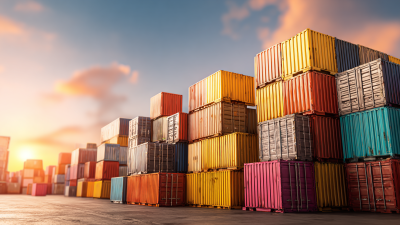
Innovative Trends in Container and Packaging Solutions Driving Sustainability and Reducing Waste
-
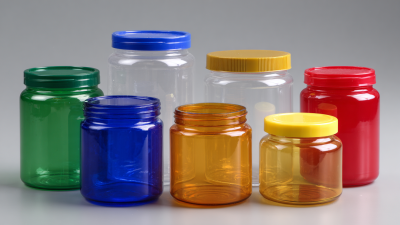
The Ultimate Guide to Choosing the Best Plastic Jars with Lids for Every Storage Need
-
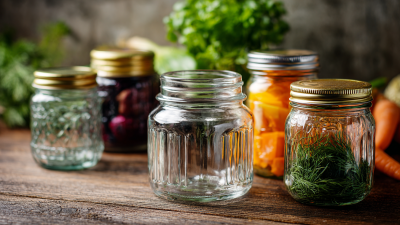
Discover the Benefits of Using Glass Jars with Lids for Food Storage and Preservation
-

What are the Benefits of Using Eco-Friendly Cosmetic Containers
